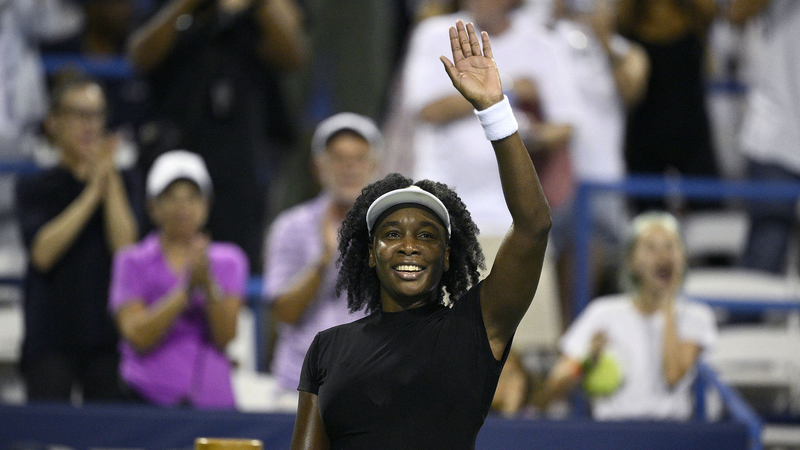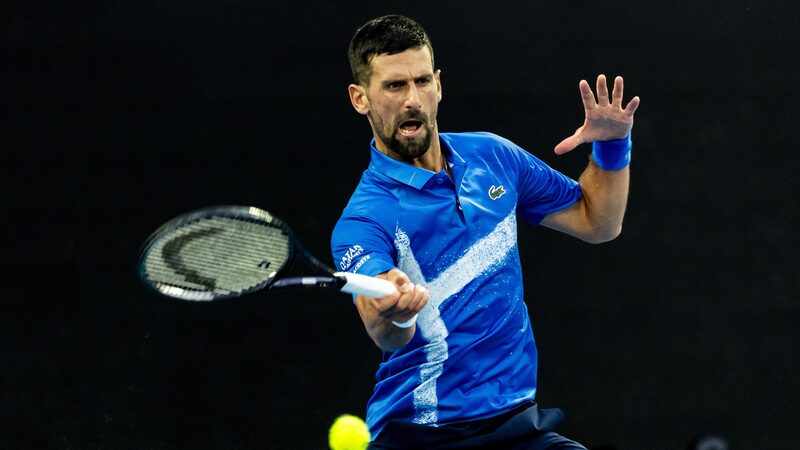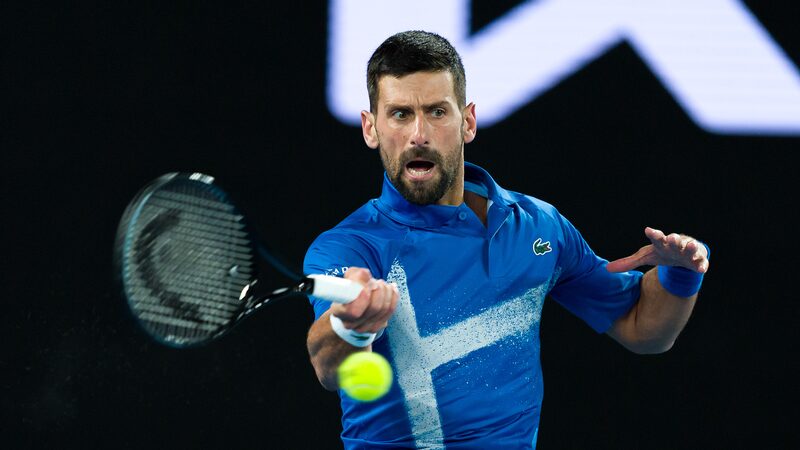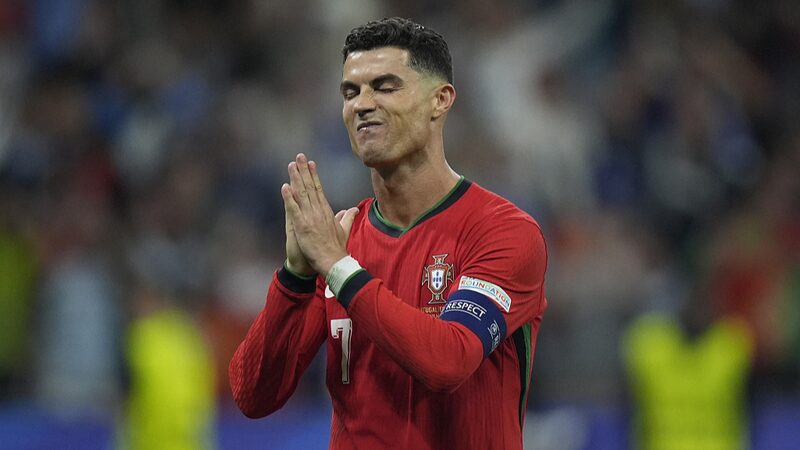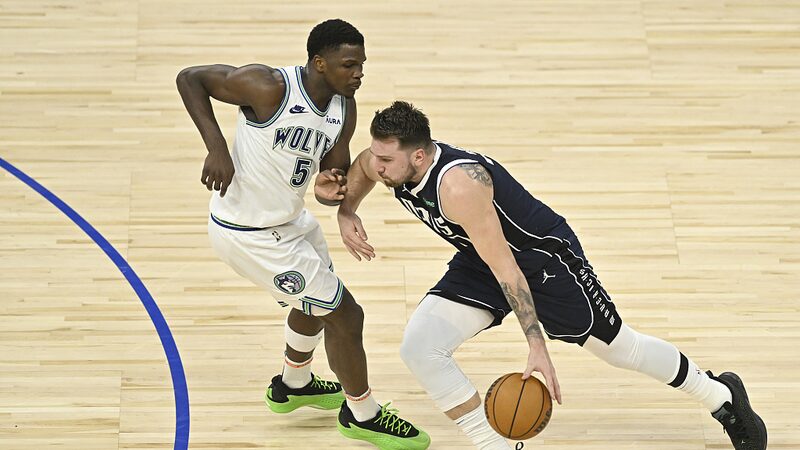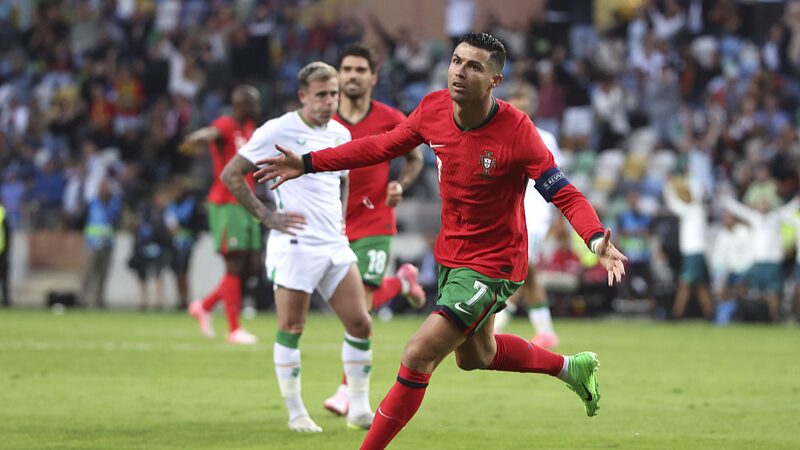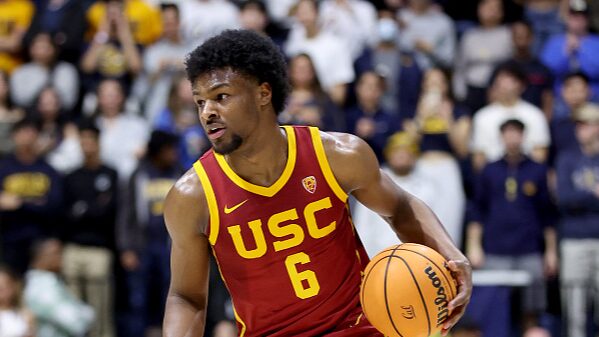Tennis icon Venus Williams' triumphant return to professional tennis at 45 has reignited global conversations about athletic longevity. This resurgence mirrors trends across sports, with 38-year-old LeBron James breaking NBA scoring records, 36-year-old Novak Djokovic claiming Grand Slam titles, and 39-year-old Cristiano Ronaldo dominating soccer fields worldwide.
The Science Behind Extended Careers
Modern athletes benefit from revolutionary sports science, including personalized recovery protocols and AI-driven performance analytics. Nutritionist Dr. Elena Marquez notes: "We're seeing 40% slower muscle decline in athletes using advanced biomarker tracking compared to previous generations."
Opportunity Cost Controversy
While fans celebrate extended careers, critics argue veteran dominance limits opportunities for younger athletes. The WTA Tour reports a 22% decrease in under-25 tournament winners since 2015. However, sports sociologist Dr. Raj Patel counters: "Veterans elevate competition standards while mentoring future stars – it's symbiosis, not suppression."
Redefining Retirement Timelines
The trend raises new questions about career transitions. Former Olympic sprinter Michael Chen observes: "Today's athletes view retirement as a spectrum rather than an endpoint, with many transitioning to coaching or sports tech roles."
As Williams prepares for her next tournament, the sports world watches closely – not just for match results, but for insights into humanity's evolving physical potential.
Reference(s):
Behind Williams' comeback: Is 40 the new 30 in sports' age revolution?
cgtn.com
